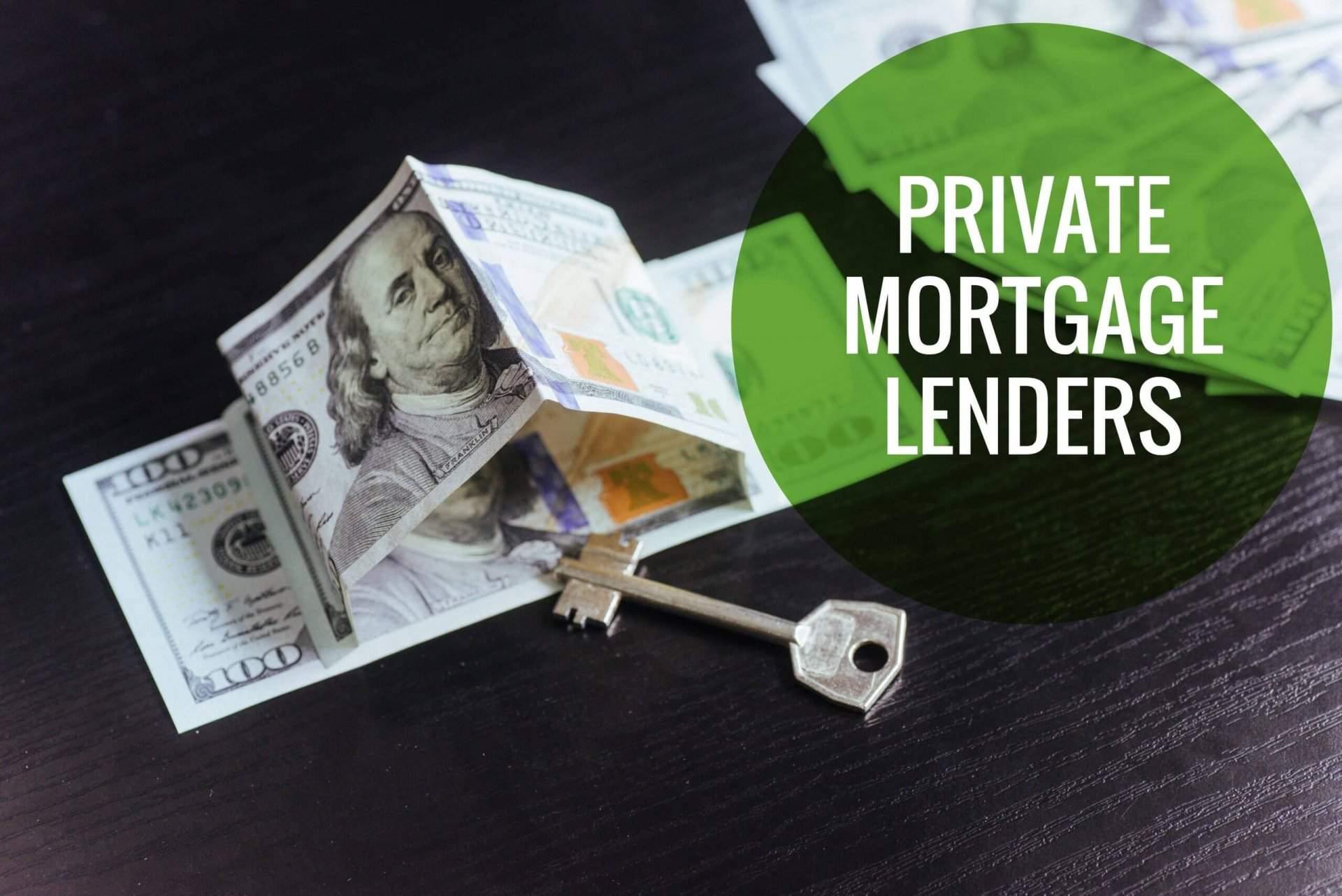Just how It Works: A Comprehensive Guide to Mortgage Lending for First-Time Buyers
Navigating the world of mortgage lending can be intimidating for novice buyers. Recognizing the basic parts like principal, passion, and down payments is crucial. In addition, identifying the various kinds of mortgage financings and the application procedure can greatly impact one's experience. By exploring key aspects that influence rates of interest, buyers may uncover beneficial insights. What else should they consider prior to making such a significant monetary dedication?
Comprehending Mortgage Essentials
When new customers get in the domain name of homeownership, recognizing mortgage essentials ends up being critical for making notified choices. A home loan is fundamentally a funding secured by the building being bought, allowing individuals to acquire a home without paying the full price upfront. Customers should know essential parts, including principal, passion, tax obligations, and insurance, often summed up as PITI. The principal is the amount obtained, while rate of interest is the expense of borrowing that quantity, shared as a portion. Tax obligations and insurance are added costs that can substantially affect month-to-month payments. Buyers must also think about the financing term, usually 15 or three decades, which affects repayment quantities and total interest paid. Recognizing credit history is necessary, as they influence car loan eligibility and rates of interest. Realizing these fundamental principles encourages novice purchasers to browse the mortgage landscape with confidence and choose that line up with their financial goals.
Kinds Of Mortgage Loan
When considering mortgage options, first-time buyers typically run into two primary kinds: fixed-rate and adjustable-rate home mortgages. Fixed-rate home mortgages offer security with consistent payments over the financing's term, while variable-rate mortgages can provide reduced preliminary rates that may fluctuate over time. Comprehending these differences is vital for making a notified decision.
Fixed-Rate Home loans
Fixed-rate home loans offer stability and predictability for first-time homebuyers navigating the complexities of home financing. With a fixed-rate mortgage, the interest price remains consistent throughout the loan term, typically varying from 15 to three decades. This consistent price enables buyers to intend their spending plans effectively, knowing that their month-to-month settlements will not fluctuate. First-time customers gain from this framework as it eliminates unpredictability in long-term monetary dedications. Additionally, fixed-rate home loans often feature reduced preliminary prices compared to adjustable-rate choices, making them an eye-catching option for those seeking to develop home equity in time. On the whole, fixed-rate mortgages use an uncomplicated path to homeownership, perfect for people seeking lasting monetary security.
Adjustable-Rate Mortgages
For new buyers seeking versatility, variable-rate mortgages (ARMs) can offer an appealing alternative to fixed-rate financings. ARMs usually provide reduced initial interest rates, making month-to-month settlements more cost effective in the early years. These prices rise and fall after a first set duration, which can lead to increased payments over time. Borrowers ought to recognize the index and margin that determine future rate adjustments. Frequently, ARMs have modification periods of one, three, or five years, with periodic caps to limit just how much prices can increase at each change. While ARMs can be useful for those intending to offer or refinance before the price readjusts, they likewise bring dangers if market conditions alter substantially. Thorough research is vital for educated decision-making.
The Mortgage Application Process
:max_bytes(150000):strip_icc()/mature-couple-meeting-with-financial-advisor--474096640-5977931d519de200119c3424.jpg)
Trick Variables Affecting Passion Prices

Deposits and Closing Costs
Understanding down settlements and closing expenses is necessary for new property buyers, as these expenses greatly impact the general cost of a home mortgage. A down settlement is the initial quantity paid towards the home's acquisition cost, generally expressed as a percentage. It can range from as low as 3% to 20% or more, depending on the car loan type and loan provider requirements. A larger down payment can reduce regular monthly mortgage repayments and get rid of private mortgage insurance (PMI), which safeguards lenders in case of default.Closing prices, on the various other hand, incorporate various fees sustained during the home-buying process. These might include car loan origination costs, assessment charges, title insurance, and lawyer charges, normally amounting to 2% to 5% of the home's purchase rate. Novice buyers need to budget plan for both down repayments and shutting expenses to assure they can protect their mortgage and successfully browse the home-buying process.
Tips for First-Time Homebuyers
What essential pointers can newbie property buyers comply with to navigate the often tough process of purchasing a home? Initially, establishing a realistic budget plan is vital. Buyers need to examine their monetary circumstance, including earnings, expenditures, and possible mortgage settlements. Next off, getting pre-approval for a home loan can offer quality on what one can afford and enhance their placement when making an offer.Researching neighborhoods is similarly vital; buyers need to take into consideration factors such as features, colleges, and future developments. Furthermore, it is a good idea to collaborate with a certified genuine estate representative that can supply valuable visit this website insights and assistance throughout the purchasing process.Home evaluations should not be neglected, as they can discover concealed concerns that might affect long-term contentment. Finally, buyers ought to stay individual and versatile, understanding that locating the appropriate home might require time. By complying with these suggestions, novice homebuyers can come close to the marketplace with self-confidence and understanding.
Often Asked Concerns
What Files Are Needed for Mortgage Pre-Approval?
For mortgage pre-approval, people usually require to give earnings verification, employment background, credit score records, tax obligation returns, bank statements, and information of any type of debts (Private Mortgage Lenders Savannah GA). These documents aid loan providers assess financial capacity and figure out car loan qualification
Can I Get a Home Loan With Bad Debt?

Numerous lending institutions think about candidates with bad debt, though terms may differ. Greater rate of interest prices or bigger down repayments can be required. Checking out choices with specialized lenders or government programs can additionally improve possibilities for authorization.
Just how Long Does the Mortgage Approval Process Take?
The mortgage authorization process usually takes in check these guys out between 30 to 45 days. Factors influencing this timeline include the loan provider's performance, the consumer's monetary documents, and the intricacy of the lending application. Delays may happen because of added demands.
What Takes place if I Miss a Home Mortgage Settlement?
If a home mortgage settlement is missed out on, late costs might be sustained, and credit report can endure. Long term non-payment might bring about repossession process, prompting the lender to recover the residential or commercial property after a series of warnings.
Can I Refinance My Mortgage Later?
Refinancing a mortgage later on is often feasible, permitting home owners to change their funding terms, rate of interest rates, or monthly payments. Qualification depends on credit report scores, existing market conditions, and the existing mortgage's terms.